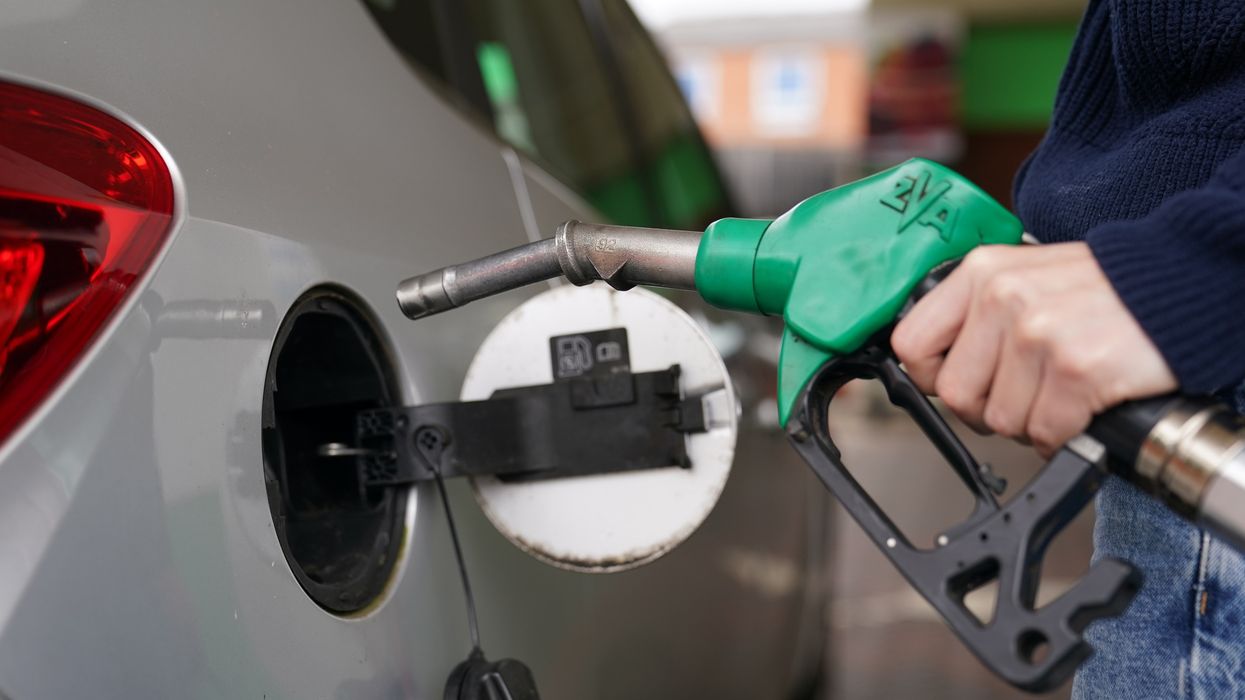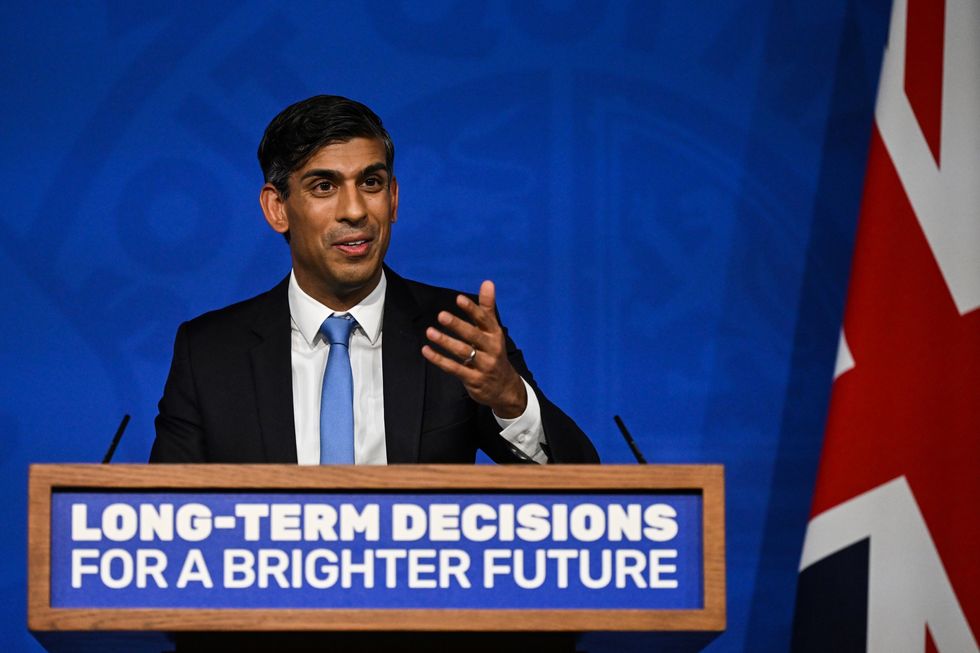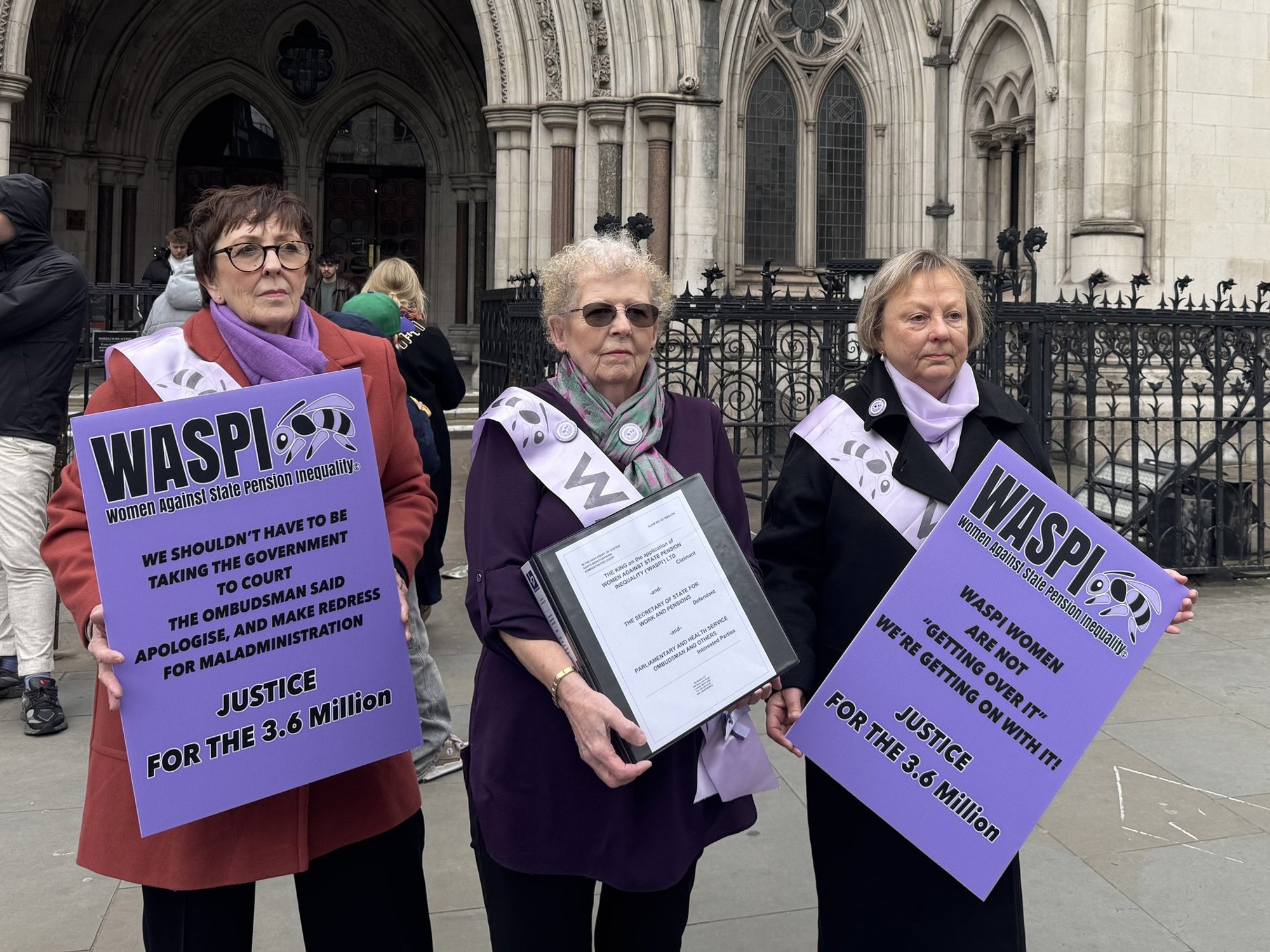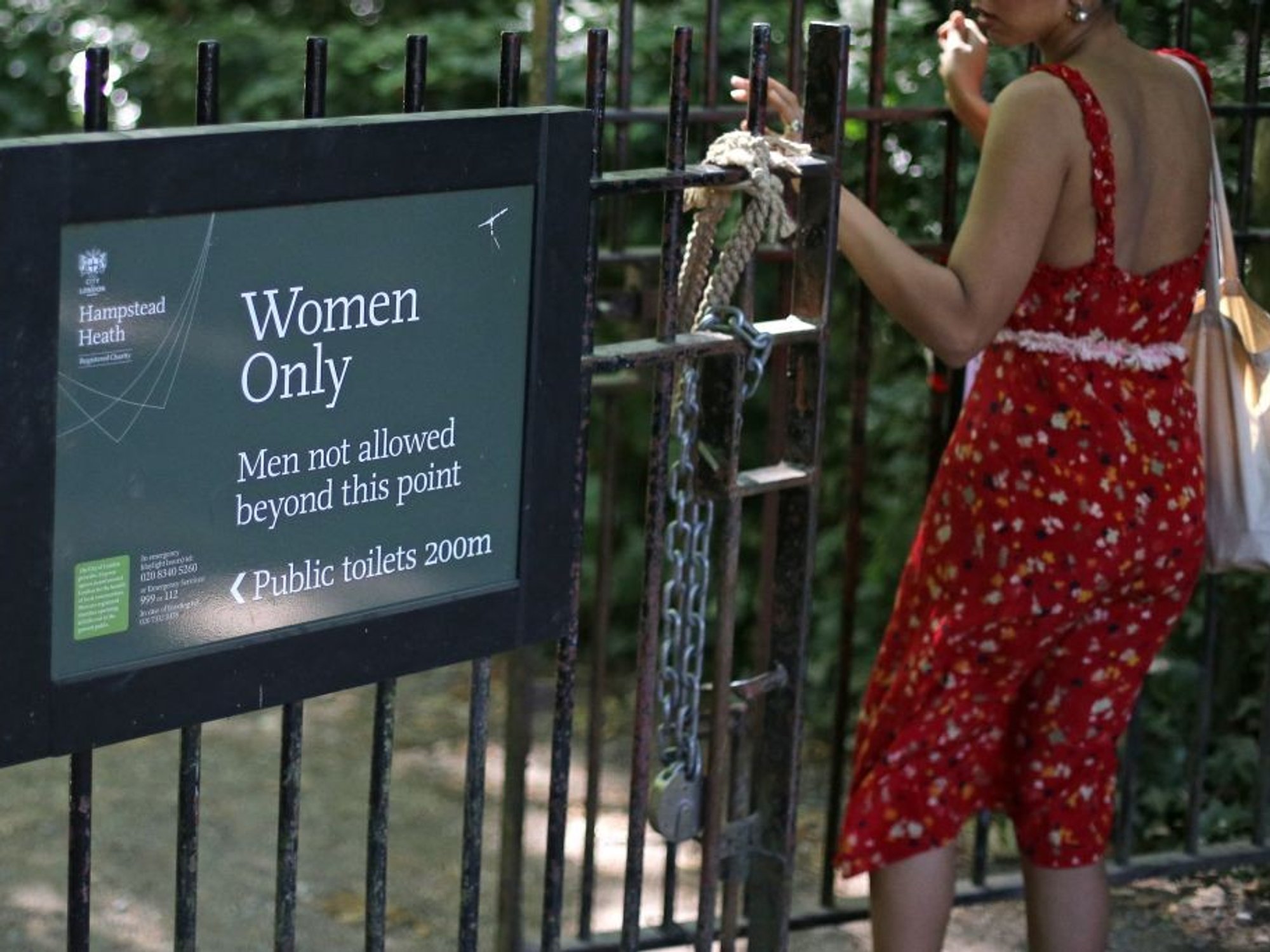Major new fuels could keep petrol and diesel cars on the road beyond 2035 - 'we simply can't wait!'

E10 petrol was launched on UK forecourts in September 2021
|PA

Sustainable fuels could cut emissions by around 80 per cent
Don't Miss
Most Read
Bespoke and sustainable fuels could help the UK adapt to massive net zero targets without scrapping all petrol and diesel vehicles, one expert has suggested.
The automotive industry has been looking for new ways to address emissions issues within the sector, especially ahead of the UK and EU’s aim to reach net zero by 2050.
While many may be looking to bring forward the ban on the sale of new petrol and diesel vehicles, some experts are pointing to alternative methods that could bring emissions down.
Andrew Willson, CEO at Coryton, has called for the use of sustainable fuels in the face of concerns about petrol and diesel emissions.
WATCH NOW: Drivers react to expensive petrol and diesel prices
He said: “This is the time to start investing in ramping up the production and introduction of sustainable fuel components into mainstream fuels, which could start making a tangible difference far quicker than the proposed adoption of a single solution approach.
“The issue with the current conversation is that we’re demonising ICE engines rather than the fossil fuel we use to power them.
“The vehicles we own, or buy in the run up to 2035, will be on our roads for decades to come.
“So, by demonising the ICE we’re neglecting more sustainable solutions that could be delivering progress on our net zero goals today.”
Sustainable fuels are already available and used across a number of sectors, with experts saying they would be compatible with cars currently on the road.
According to Willson, these fuels could reduce greenhouse gas emissions by more than 80 per cent compared to fossil fuels.
The European Union is expected to demand that cars running on e-fuels must be 100 per cent carbon neutral if they are to be exempted from the phase-out of polluting vehicles.
The UK and EU now have the same date to ban the sale of new petrol and diesel vehicles after Prime Minister Rishi Sunak announced they would delay to deadline from 2030 to 2035.
Popular alternatives of more sustainable fuels already exist, including E10 petrol, which was launched on UK forecourts in 2021.
While the petrol is only blended with up to 10 per cent renewable ethanol, it is cleaner than traditional petrol and will not release as many emissions when it is burned.
The introduction of E10 could cut transport CO2 emissions by 750,000 tonnes a year – the equivalent of taking 350,000 vehicles off the road.
Andrew Willson continued, saying: “In our view, the road to net zero remains open if we act now, whilst plotting out a realistic and practical path ahead – or a fair and credible one as the Prime Minister said.
“We can only hope that this period of reflection in Government provides an opportunity to explore other routes and move away from the ‘perceived’ silver bullet approach that’s dominated policy to date.
“When it comes to the climate, it’s far better that we act with the tools we have available to us now. We can’t simply wait and hope for something better at a later date.”
LATEST DEVELOPMENTS:

Rishi Sunak delayed the 2030 car ban until 2035
|PA
Other countries also use fuels that have a higher bioethanol blend, including France and Sweden, with some filling stations stocking E85 – a blend of 15 per cent petrol and up to 85 per cent renewable ethanol.










